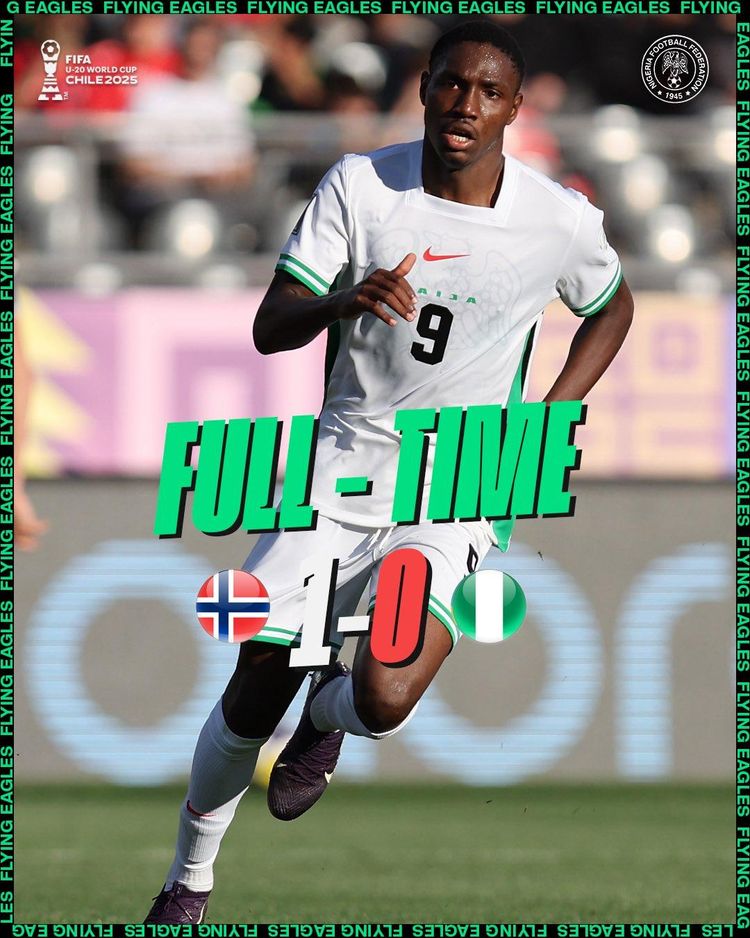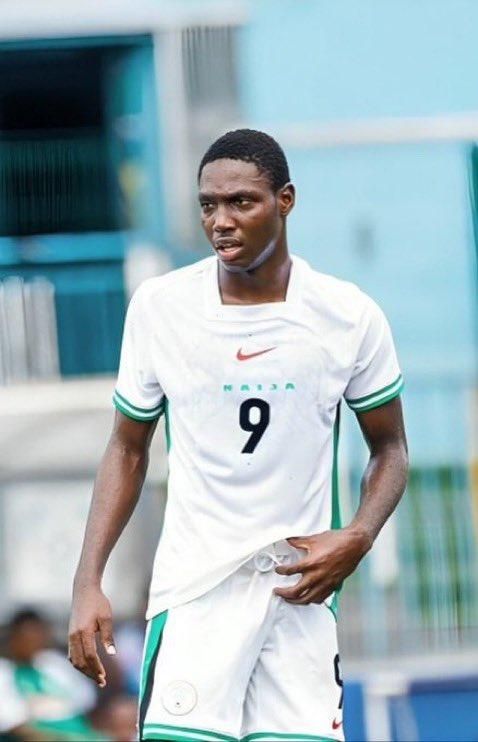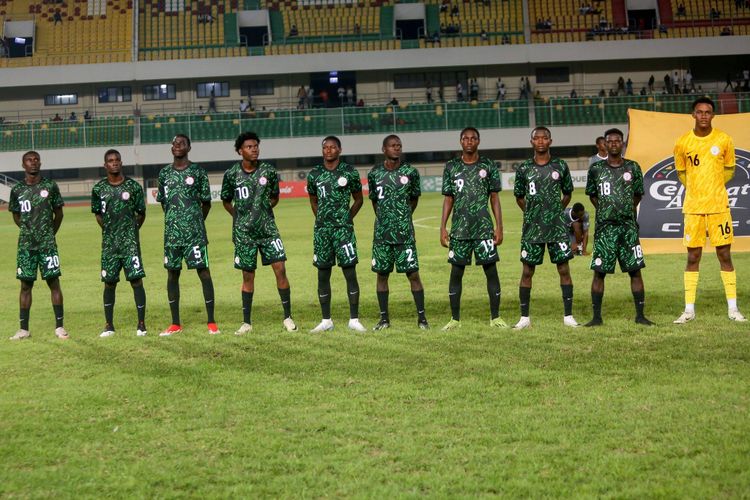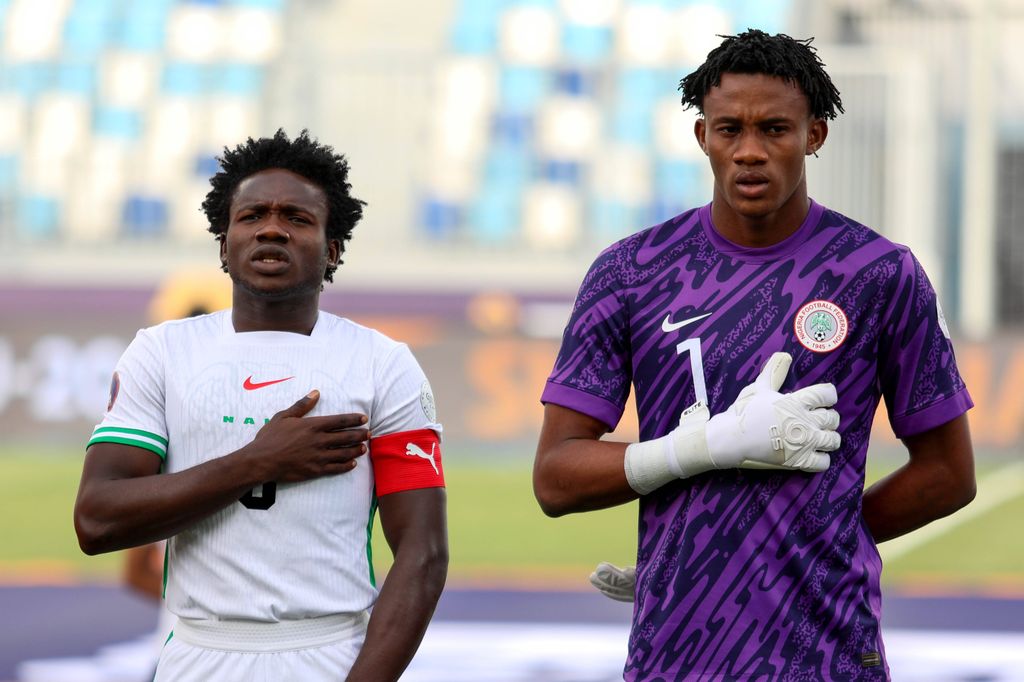Nigeria’s Flying Eagles left Talca on Monday night nursing a sense of injustice after a 1-0 defeat to Norway in their opening FIFA U20 World Cup fixture, Soccernet.ng reports.
Aliyu Zubairu’s men dominated possession, struck the woodwork twice, and carved out the better openings, yet returned empty-handed thanks to an early penalty and a combination of profligacy, poor luck, and controversial officiating.
Here are five talking points from a match that will sting for some time.
1. Nigeria’s attack deserved more
On another night, Nigeria would have scored three. Within three minutes, Kparobo Arierhi forced his way through the Norwegian defence only to rattle the post.

Later, Tahir Maigana also hit the post after being played through by the same striker. For all their energy and attacking intent, the Eagles simply lacked the finishing touch. Norway’s low-to-mid defensive block was disciplined, but Nigeria created enough to take at least a point.
2. VAR and referee decisions leave a sour taste
Few moments angered Nigerian supporters more than the officiating.
Daniel Bameyi was punished for a first-half handball after VAR spotted the ball brushing his arm, gifting Rasmus Holten the decisive penalty.

Yet, when Norway were later involved in two similar incidents, including one that seemed a clear handball in the box, both appeals were waved away after long reviews.
Fans were left asking: what exactly are the rules anymore?
Get Our Sports News First – Join Our WhatsApp Channel Now!
3. Zubairu’s in-game management fell ahort
Aliyu Zubairu set his side up well, but once Norway took the lead, he was slow to adjust.
Nigeria continued funneling attacks centrally instead of stretching the pitch with width or overloading the flanks.

A second striker could have unsettled Norway’s rigid backline, but Zubairu waited far too long before introducing Charles Agada. By then, Norway were comfortable defending deep and soaking pressure.
4. Arierhi starved of service
Kparobo Arierhi worked tirelessly up front, pressing defenders and making intelligent runs, but too often he was isolated.
Midfielder Israel Ayuma tried feeding him a couple of through balls, yet consistent service never arrived.

Against a team defending compactly, Nigeria needed to play quicker balls over the top or create two-on-one situations out wide. Agada’s late introduction should have happened earlier to draw defenders away from Arierhi and free him in dangerous positions.
5. Reasons for optimism remain
Despite the frustration, there were positives. Nigeria bossed possession, pressed intelligently, and created more than enough chances to win.

The raw energy of Arierhi, the industry of Maigana, and the control in midfield showed this is a team with quality.
If Zubairu learns to be braver tactically and if the frontline sharpens its finishing, Nigeria can still bounce back. One game, no matter how bitter, doesn’t define a campaign.

